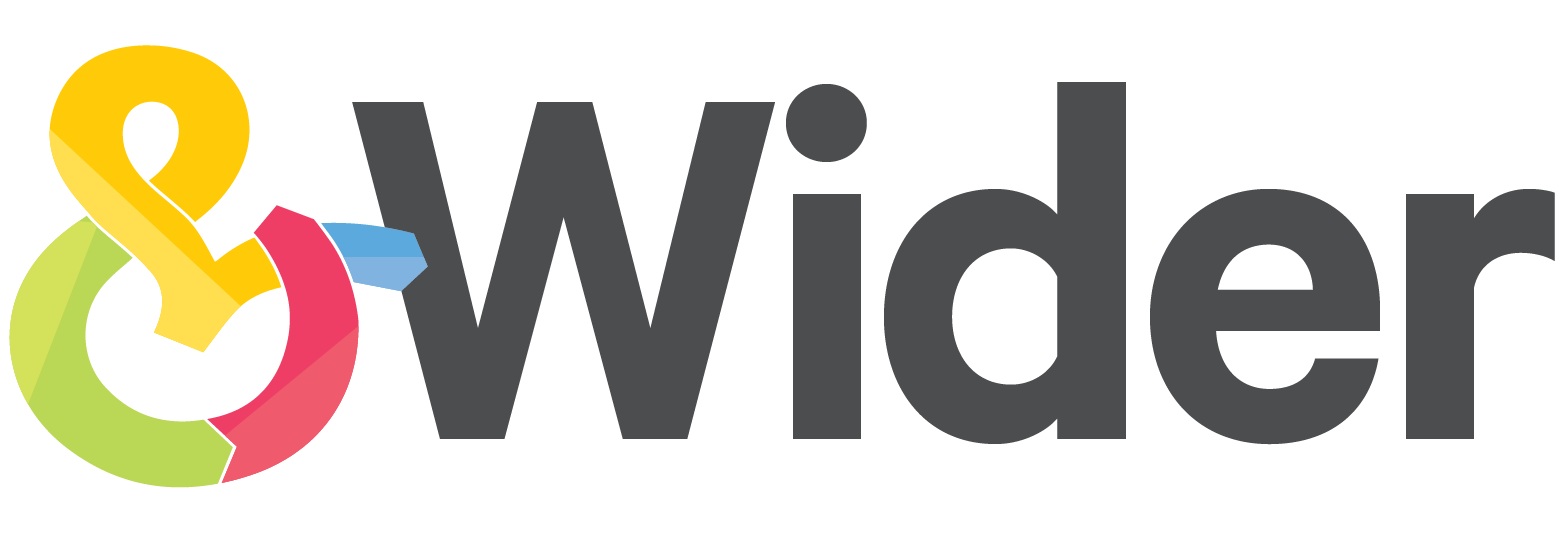Driving Effective Due Diligence: Reflections from the Omnibus Unpacked Event
Earlier this month, we joined policymakers, business leaders, and civil society experts at the Responsible Business Alliance’s “Driving Effective Due Diligence: Omnibus Unpacked” event. With the European Commission’s proposed Omnibus Simplification Package on the table, it was a timely moment to unpack what simplification really means for human rights due diligence, especially for those of us working to amplify worker voice and ensure that the most vulnerable are seen and heard.
Here are some key reflections from the event:
Simplification or Dilution?
The European Commission’s Omnibus package is positioned as a way to reduce administrative burden, especially for small and medium-sized enterprises. But as many speakers pointed out, there's a risk that in the name of simplification, we dilute the core purpose of the Corporate Sustainability Due Diligence Directive (CSDDD).
For example, reducing due diligence obligations to only Tier 1 suppliers might seem efficient, but it ignores the reality of where the most severe human rights abuses often occur—further down the chain. One speaker likened it to looking for your keys only under the streetlight because that’s where the light is: convenient, but ultimately ineffective.
Risk-Based Due Diligence: Still the Gold Standard
Robert Lederer from the Responsible Business Alliance emphasised that true due diligence must remain risk-based, not scope-based. This means going beyond a company’s direct business partners and focusing instead on where the highest risks to people and the planet lie.
This principle is at the heart of international frameworks like the UN Guiding Principles and OECD Guidelines, and it’s critical that the CSDDD doesn’t backslide on this point.
The Role of Stakeholder Engagement and Worker Voice
Another major concern raised at the event was the weakening of stakeholder engagement requirements. Suggestions to reduce reporting frequency or remove the obligation to disengage from non-compliant suppliers could undermine efforts to create real change.
Robust engagement with rights-holders, particularly workers, is what makes due diligence meaningful. Without their voices, it becomes a box-ticking exercise.
Supporting SMEs Without Compromising Accountability
SMEs face real challenges when it comes to compliance. But rather than exempting them from key obligations or creating vague voluntary guidance, the solution lies in providing targeted support.
Several speakers advocated for practical tools, like standardised templates, capacity-building programmes, and shared platforms, to help SMEs meet due diligence requirements in a meaningful way. It’s possible to be both supportive and ambitious.
Harmonising Regulations for Greater Clarity
The conversation also turned to the growing patchwork of sustainability regulations. Nadine Philipp from BMW Group spoke to the need for alignment across frameworks—from deforestation and forced labour legislation to supply chain laws.
Companies are not asking for fewer regulations; they’re asking for consistency and clarity. Harmonisation could help reduce duplication while reinforcing core human rights and environmental standards.
Political Pressure and the Need for Careful Deliberation
With EU elections approaching, time is short. But as MEP Lara Wolters cautioned, rushing to finalise directives without proper consultation risks undermining their effectiveness.
This is especially true for human rights due diligence, where poorly designed rules could incentivise superficial compliance rather than transformative action.
Final Thoughts
The Omnibus Unpacked event made it clear: simplification must not come at the cost of substance. If we want due diligence to drive real change, it has to remain risk-based, grounded in stakeholder engagement, and applicable across the entire supply chain.
We left the event energised by the clarity and conviction of those who spoke up—and reminded that strong frameworks, built on meaningful consultation and aligned with international standards, are what’s needed to safeguard people and planet alike.
Explore the full event and agenda via the Responsible Business Alliance’s event page and agenda.
